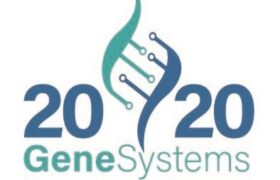OneTest™ is classified as a Laboratory Developed Test (LDT) since the test is run in the lab of the test developer. Except in very rare circumstances LDTs are not currently regulated by the U.S. Food & Drug Administration (FDA) but is instead regulated by the Center for Medicare & Medicaid Services (CMS) and the Maryland Department of Health under the Clinical Laboratory Improvement Amendments (CLIA). In general, CLIA approval is directed at laboratory procedures and the technical performance and analytical validity of the test (i.e. whether the test delivers consistent results) rather than the impact of the test on disease outcomes. When the test volume begins to exceed the capacity of our CLIA lab we expect to then seek FDA approval so that the tests can be run in other labs. Real-world outcome data (i.e. the numbers of true cancers detected early with the aid of this test vs. false alarms) from a statistically significant number of Americans (e.g. 50,000) will be used in support of this regulatory approval application. We therefore seek the assistance of the consumers of this test and their healthcare providers to assist us in collecting reliable outcome data. Until then, the results of the algorithms, which were derived mainly from an overseas population, should be used with caution.
The automated instruments that we use in our CLIA lab are approved by the FDA and the detection kits are also approved for various. PSA is approved for screening for prostate cancers. The other biomarker detection kits are approved for assisting in diagnosing cancer, monitoring cancer recurrence, and / or therapeutic monitoring. However, several foreign counterparts to the FDA have approved these biomarker test kits for use in screening and early detection resulting in these tests being employed in those countries for the yearly screening of tens of millions of individuals.


